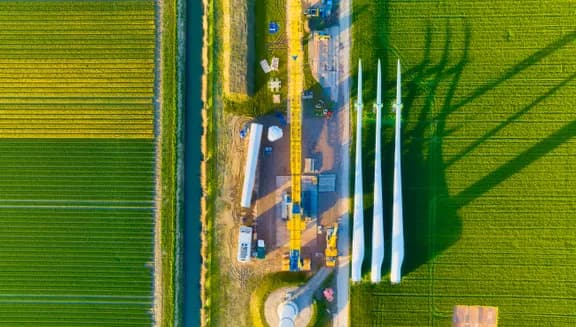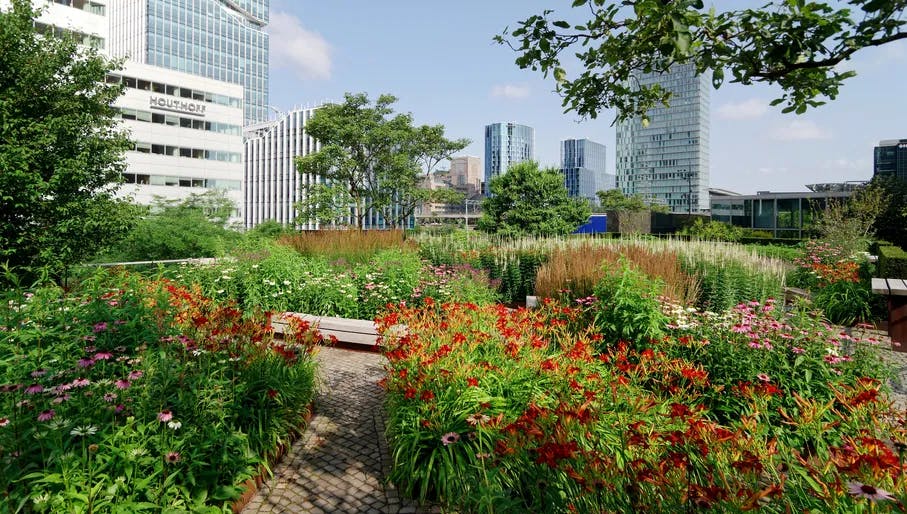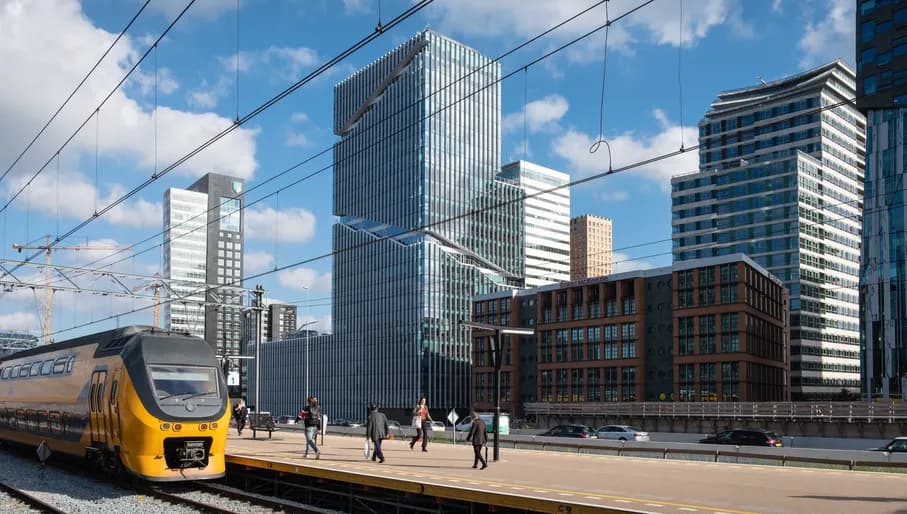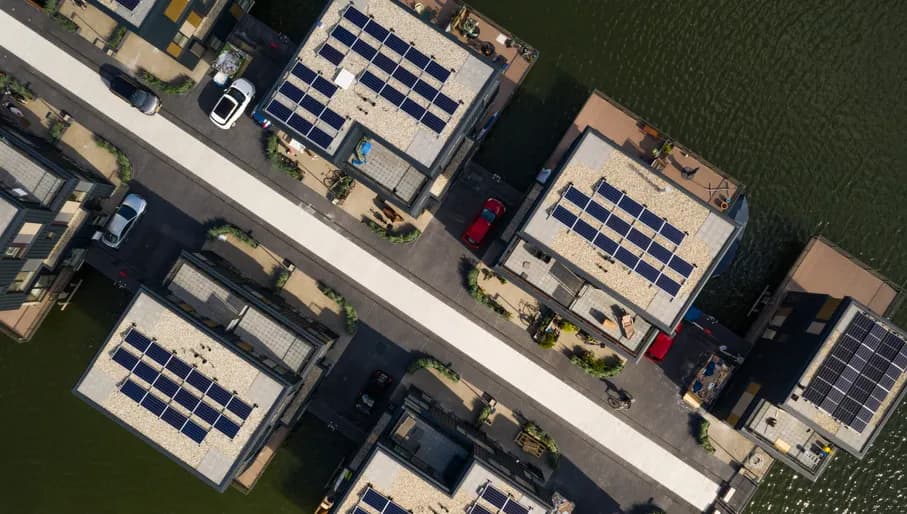
Where are they now: decommissioning old wind-turbines
6 February 2026


Arcadis has ranked Amsterdam as the world's No.1 sustainable city. The city earned this top spot due to its strong economic performance, social equity, and significant investments in renewable energy. It was evaluated on criteria like climate goals, women's education levels, and sustainable progress. Amsterdam is noted for its innovative urban sustainability efforts, including smart city projects, green blue roof infrastructure, and community-driven initiatives like the Green Living Lab and Schoonschip.

The City of Amsterdam has formed a dedicated team focused on energy initiatives, including tripling the capacity of local energy grids. Starting October 2024, the implementation organisation "Energy for the City" (Energy voor de Stad) will lead the city's energy transition efforts to meet this target.

The Port of Amsterdam is leading the way to becoming one of Europe's most sustainable ports by 2030. This goal is part of its broader sustainability plan, which focuses on achieving sustainable growth and leadership in environmental practices. These goals are achieved by establishing programs to improve the quality of life, promoting the use of biofuels, encouraging solar and wind energy, and providing cleaner shipping alternatives. They are committed to reducing disturbance and environmental impact to a minimum.

The European Hydrogen Valley of the Year award is now in its sixth year. The Hydrogen Hub Noord-Holland was awarded the status of European Hydrogen Valley of the Year in late 2023. Globally, there are 84 regions with Hydrogen Valley status, with 60 of these in Europe and 6 locations in the Northern Netherlands.

Solar panels contribute to Amsterdam's goal of reducing carbon emissions and transitioning to renewable energy sources. By harnessing sunlight, they provide a clean energy alternative to fossil fuels, helping to combat climate change. Half of all suitable rooftops in Amsterdam are fitted with solar panels: 550 MW which is in line with the Amsterdam Climate Neutral 2050 goals.

As of May 2024, the Netherlands' wind power capacity stands at 11,611 MW, with 40.9% generated by offshore windfarms. The Amsterdam Wind Energy Programme 2030 outlines policies for new turbine developments. Wind power is crucial for Amsterdam’s strategy to cut greenhouse gas emissions and shift from fossil fuels, contributing to the city's climate goals.

Energy communities in Amsterdam involve residents, businesses, and stakeholders working together to produce, share, and manage renewable energy. These initiatives focus on boosting sustainability, lowering energy costs, and empowering local decision-making.